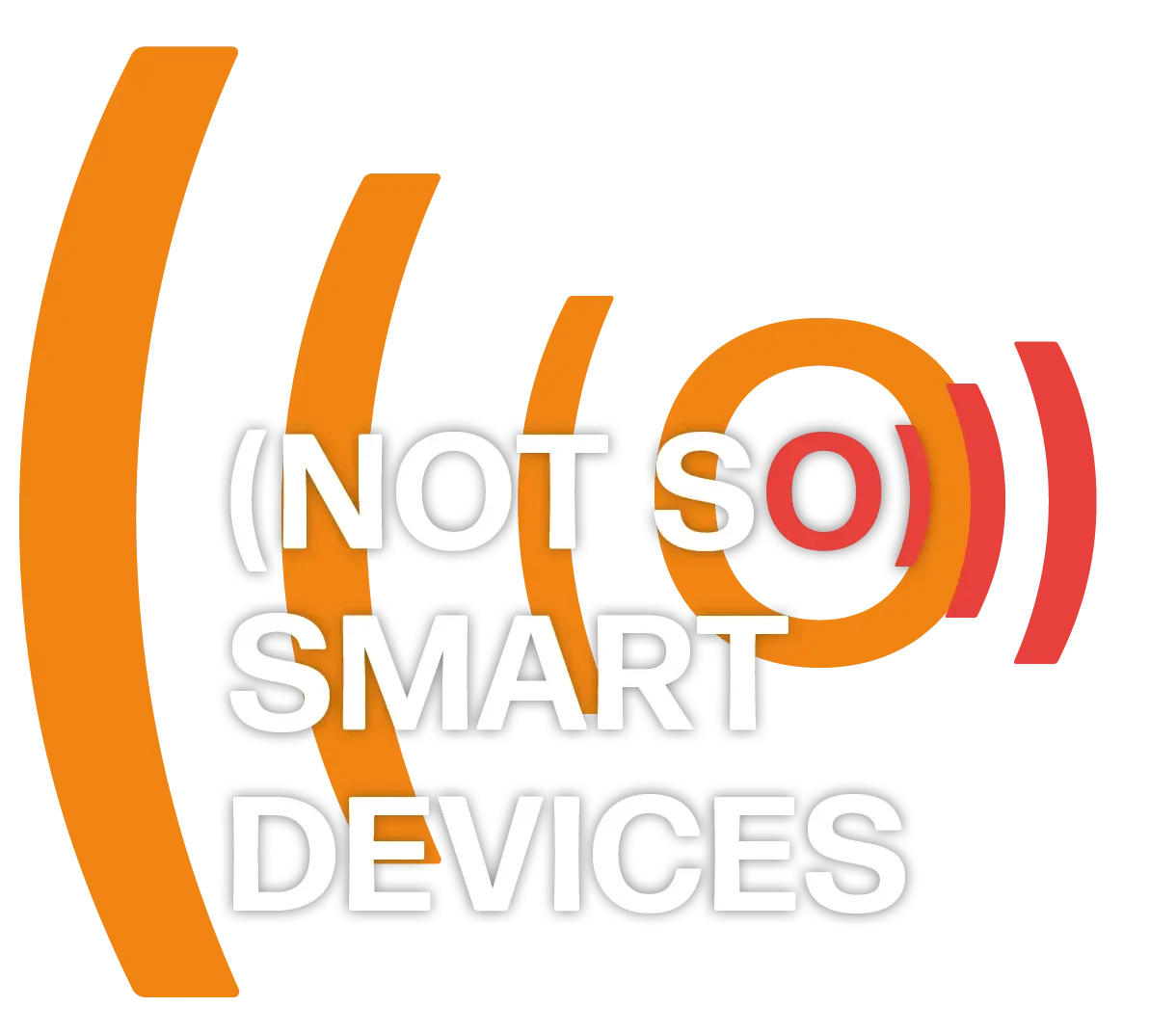

Deborah
Nas
Deborah Nas is part-time Professor of strategic design for technology-based innovation in the Faculty of Industrial Design Engineering (IDE) and innovation expert.
Manufacturers promise us that smart devices will make our lives at home even more comfortable and convenient. Moving house last summer proved to be a good reality check for me. The previous residents had installed a “smart” oven. Despite thoroughly studying the user manual, that oven and I still don’t understand each other.
My washing machine wasn’t as smart as I’d hoped either. The only feature I really want is a notification when the laundry is done. But it doesn’t have that feature. It does have numerous other features though, such as automatically starting a wash when I leave work. All well and good, but the washing machine continues to run for over an hour after I get home and the manufacturer knows where I am at all times. It’s unsettling. It turns out my smart toothbrush is primarily a timer that’s obsessed with brush sales. Why send me push notifications to replace my brush when the bristles aren’t showing any sign of wear yet?
One ray of hope: my advanced vacuum cleaner does what it promises. It shows me where the dirt is and automatically adjusts its suction power to the amount of dirt to save battery life. Finally a good product, I thought happily. My cleaning lady doesn’t see it that way, however. She swears by the old, traditional model. “That new one is fine for you but I’m a cleaner; I need a real vacuum cleaner.” For a moment I thought: funny, technology adoption is my area of expertise… what persuasive strategy should I employ?
But between two online meetings, I chose the path of least resistance. The result is an overflowing cupboard in the hall, with two vacuum cleaners. Smart devices… perhaps we’re not quite ready for them yet. Or perhaps they’re not quite ready for us?
© Portrait: Marcel Krijger
